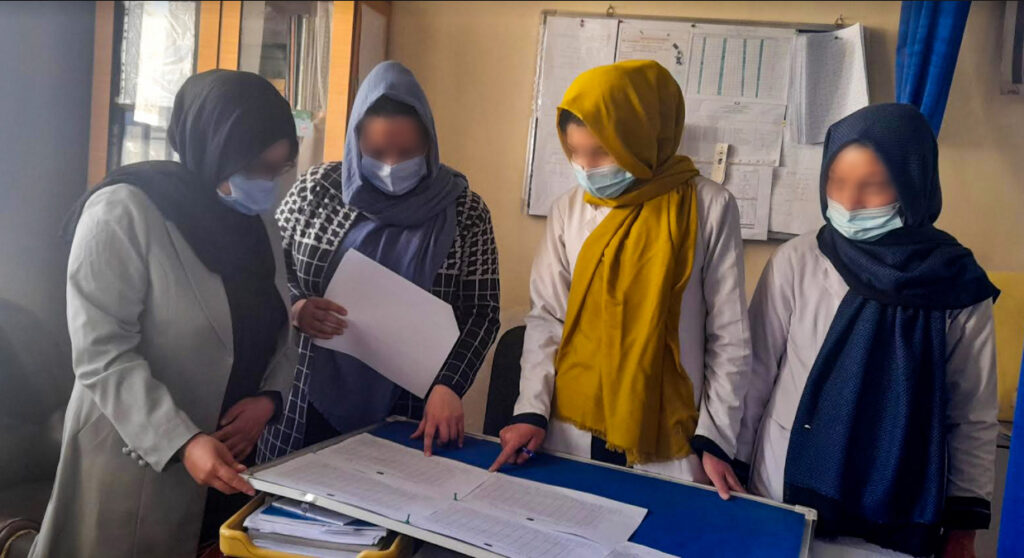Assistance for Families and Indigent Afghans to Thrive (AFIAT)
Assistance for Families and Indigent Afghans to Thrive (AFIAT)

Overview
Assistance for Families and Indigent Afghans to Thrive (AFIAT) strives to improve the quality of primary and secondary health and nutrition services in targeted rural areas; increase access to high-impact and evidence-based health and nutrition services; enhance adoption of optimal health and nutrition behaviors by communities and households; coordinate and standardize medical supply management across all stakeholders; optimize registration and import procedures for medical commodities; and collaborate with partners to plan, finance, and manage resilient health services.
By applying proven methods and innovations, our approach will result in sustainable improvements in maternal and child health, family planning and reproductive health, TB, and nutrition, particularly for women and preschool children, youth, men, and rural Afghans. To sustain these outcomes, we will work with partners to increase public and private investments in health and increase transparency and accountability.
Putting Systems Thinking into Practice in Afghanistan
While Afghanistan’s health system has seen steady improvements over the last two decades, a complex set of interconnected challenges presents persistent barriers that impede the delivery of universal health care services, especially in remote or otherwise underserved areas. To navigate these challenges, a systems thinking approach is crucial.
Accelerating the End of TB: Field Research from Management Sciences for Health — 2008-2022
Join MSH at the 54th Union World Conference on Lung Health
Centered on the theme, “Transforming Evidence into Practice,” and focused on our approaches in Ethiopia and Afghanistan, MSH colleagues will discuss tuberculosis prevention and treatment in post-conflict environments, engagement of local organizations to ensure the sustainability of TB programs, and development of public-private partnerships to elevate TB care delivery. Join us as we focus on converting research into tangible practice and champion evidence-based TB health policies and decision making.

Norio Kasahara
Chief of Party
Project Contact
Dr. Norio Kasahara, MSH’s Chief of Party for the Assistance for Families and Indigent Afghans to Thrive (AFIAT) Project, has over 27 years of experience working in global health in Africa and Asia. Prior to joining MSH, he worked as a consultant for the Japan International Cooperation Agency (JICA) Malaysia, Fiji, Bangladesh, Zambia, Kenya, and South Africa and served as a technical officer to the Ministry of Health in Malawi, where he helped develop district health planning systems. In Afghanistan, he assisted the government in developing pharmaceutical systems while acting as Deputy Chief of Party, and later acting Chief of Party, for the USAID-funded Strengthening Pharmaceutical Systems project. In addition, he has served on various technical committees for the Afghan Ministry of Public Health, providing policy and strategic advice on health systems development. Dr. Kasahara is a registered pharmacist who holds a master’s degree in international health from the Johns Hopkins School of Public Health and a doctorate in pharmaceutical sciences from the University of Washington, Seattle.
Donors & Partners
Donors
United States Agency for International Development